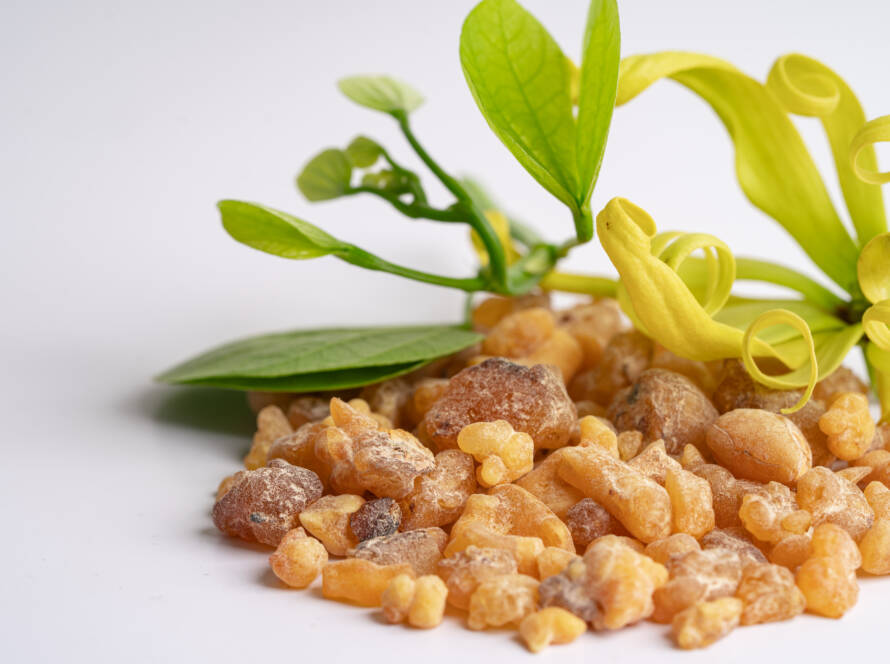Bitter Orange
Introduction
Bitter orange, native to eastern Africa and tropical Asia, is now cultivated in the Mediterranean region, California, and Florida. Its oil is utilized in food, cosmetics, and aromatherapy, promoting health and well-being. The oil derived from the leaves is known as petitgrain, while the oil from the flowers is called neroli.
Common Names
- Bitter orange
- Seville orange
- Sour orange
- Zhi shi
Latin Name
- Citrus aurantium
Uses
- Traditionally used in Chinese medicine and by indigenous Amazonian cultures for nausea, indigestion, and constipation.
- Current applications include treating heartburn, loss of appetite, nasal congestion, and weight loss. It is also used topically for fungal infections like ringworm and athlete’s foot.
Administration
Bitter orange can be consumed in the form of dried fruit, peel, extracts, tablets, and capsules. The oil can be applied to the skin.
Scientific Evidence
- There is insufficient scientific support for the health benefits of bitter orange.
- Many weight-loss products now use concentrated bitter orange extracts instead of ephedra, which has been banned due to safety concerns. Bitter orange contains synephrine, a compound similar to ephedra, raising questions about its safety.
Side Effects and Cautions
- Bitter orange may increase heart rate and blood pressure, posing risks for individuals with heart conditions or high blood pressure. Reports of fainting, heart attacks, and strokes have been associated with its use, especially when combined with caffeine.
- Pregnant women should avoid bitter orange due to a lack of safety evidence.
- Topical use of bitter orange oil may heighten the risk of sunburn, particularly in fair-skinned individuals.
- It is important to inform healthcare providers about any complementary practices to ensure safe and coordinated care.
Sources
- Bent S, Padula A, Neuhaus J. Safety and efficacy of citrus aurantium for weight loss. American Journal of Cardiology. 2004;94(10):1359-1361.
- Bitter orange. Natural Medicines Comprehensive Database.
- Bitter orange (Citrus aurantium). Natural Standard Database.
- Blumenthal M, Goldberg A, Brinckman J, eds. Herbal Medicine: Expanded Commission E Monographs. Newton, MA: Lippincott Williams & Wilkins; 2000:287-289.
- U.S. Food and Drug Administration. FDA Requests Seizure of More Dietary Supplements Containing Ephedrine Alkaloids.
- NCCAM National Institutes of Health.


